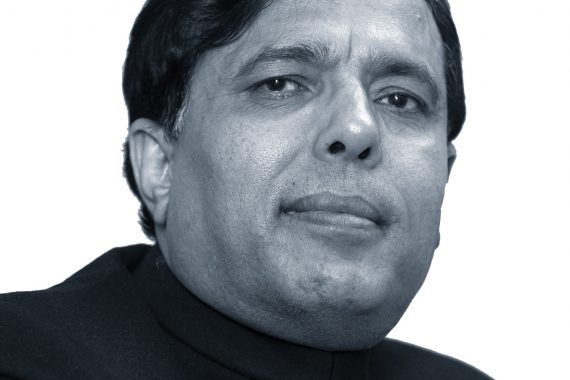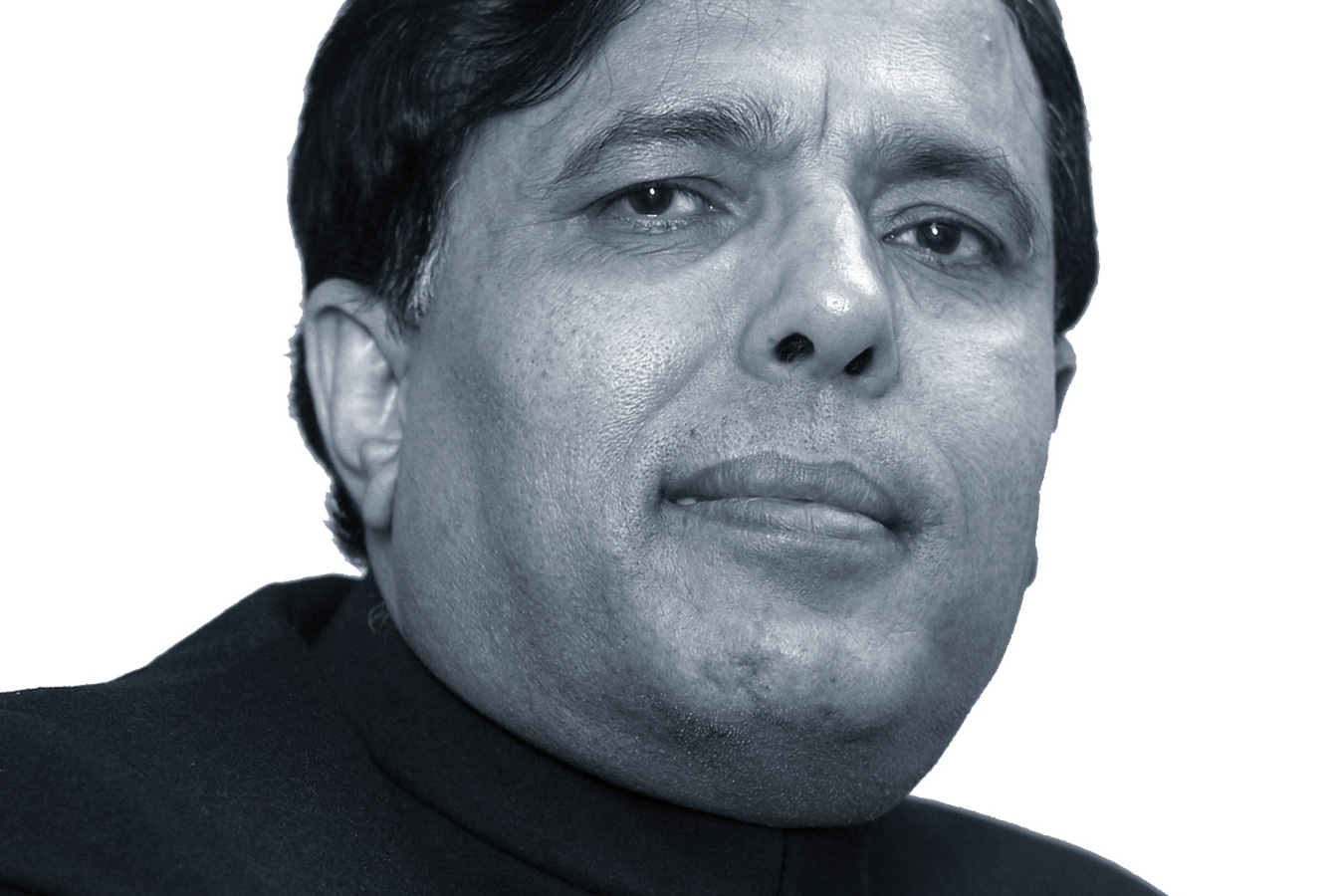It is time for the GMC to take ‘very serious’ action on racism


While it may be welcome news that the GMC is going to look at the disproportionate number of complaints made against BME doctors, the announcement of yet another review – even a ‘very serious’ one – is less so.
The reality is that the words of GMC CEO and chief registrar Charlie Massey express far too little, far too late.
Pulse reported exclusively last week that the GMC launched appeals against its own tribunal service 23 times in less than a year. As a result, seven doctors have been struck off the medical register against the advice of the GMC’s own Medical Practitioner Tribunal Service (MPTS), including Dr Hadiza Bawa-Garba. Based on the GMC’s own previous research it is probable that a disproportionate number were doctors from ethnic minorities.
There are already published data that BME doctors and non-UK qualified and BME doctors are more likely to receive an unfair outcome in a fitness-to-practise investigation if complaints are made against them. We know that international medical graduates (IMGs) from south Asian backgrounds are much more likely to fail certain components of the compulsory assessment for all doctors wishing to become GPs, the MRCGP, than UK white graduates. It would be hard to argue that this marked difference in failure rates is a matter of chance, diligence or intelligence. Even BME doctors who graduated from UK medical schools are more likely to receive complaints than their white colleagues
From its inception, the NHS was built with the help of foreign workers and professionals from across the world. Thousands of doctors emigrated from the Indian subcontinent, Africa and Caribbean islands, recruited by a health service afflicted by an acute post-war shortage of medical staff. Currently, one in four doctors registered in the UK qualified outside the EU. One fifth of doctors are of Asian or British Asian ethnicity and 3% of doctors are black, according to the GMC’s figures.
Yet the health service has rightly been criticised for failing to elevate black and Asian professionals to the highest ranks within hospitals and commissioning services. A report from last year found white doctors were three times more likely to be appointed to senior roles than ethnic-minority doctors. There remains a lack of ethnic diversity on NHS boards and in leadership roles. Although BME people make up 45% of London’s population and 41% of the capital’s NHS staff, just 8% of NHS trust board members and 2.5% of chief executives and chairs are from these groups. That picture is reflected nationally.
The GMC is refusing to acknowledge the problems of discrimination against BME doctors
As its regulator, the GMC is never going to be friends with the medical profession, and there remains an uneasy truce between the professional bodies and employers and the GMC. My concern is that the GMC is continuing to refuse to acknowledge the problems of discrimination against BME doctors despite so much published data. Massey defended the GMC’s role in Dr Bawa-Garba’s case in front of the Health Committee, but his justification for their actions was, to say the least, disappointing. The GMC continues to defend its oversight on the basis that ‘public confidence’ in the profession needs to be protected.
I believe the GMC has lagged behind many other institutions in its attempts to tackle racism and discrimination. The culture and effectiveness of the GMC Investigations unit has been dramatically diminished in recent years, resulting in a dramatic increase in doctors being thrown out through Interim Orders hearings, most of them from ethnic minorities. The GMC seeks to investigate and/or impose sanctions without accounting for the personal consequences for doctors. Successive generations of leaders at the GMC, including CEOs, have inherited the jurisdiction without understanding the origins of its rules and particularly its flaws and dysfunctions.
For those who are committed to a lifelong career in the NHS, I would like to see fairness, transparency and equity regardless of whatever stage they are at in that career. Despite the insecurity caused by the Dr Bawa-Garba’s tragic case, IMGs need reassurance that they are valued and needed.
We have already had review after review from the GMC, it is time now for action.
Dr Kailash Chand is a retired GP from Tameside
Pulse July survey
Take our July 2025 survey to potentially win £1.000 worth of tokens











